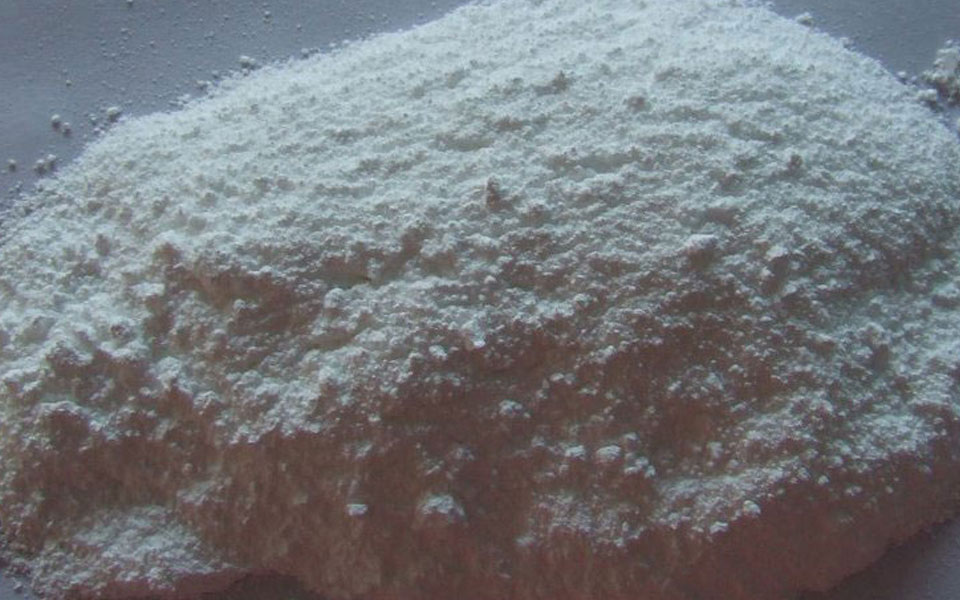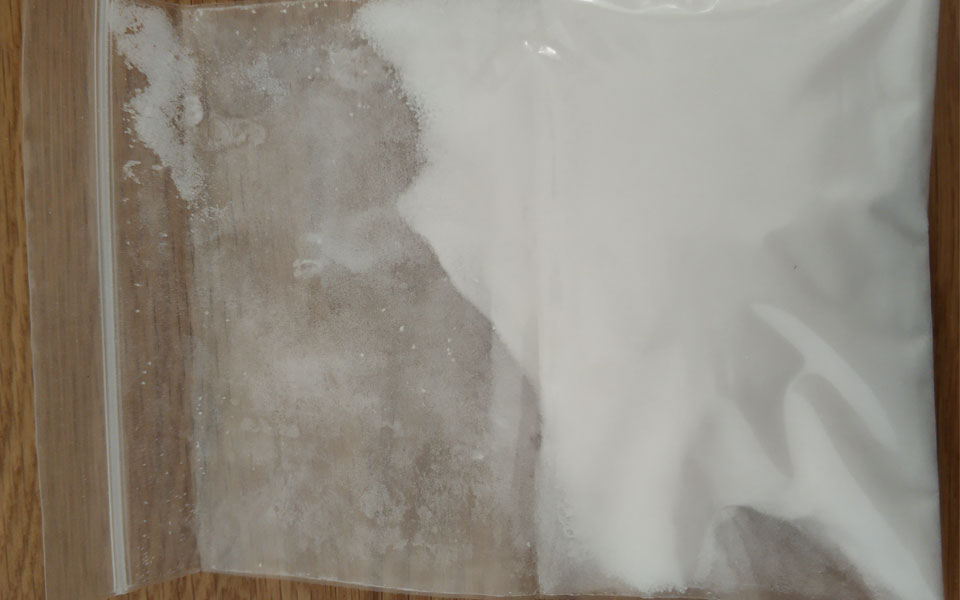Food additives
Bimuss chemical has served in the field of food processing for many years. At present, it can provide products that strictly meet the requirements of food grade. Including citric acid, sodium hexametaphosphate, sodium benzoate, monosodium glutamate and xanthan gum.
Definition of food additives
The definitions of food additives are different all over the world. The Joint Food Regulations Committee of the food and Agriculture Organization of the United Nations (FAO) and the World Health Organization (who) defines food additives as: food additives are non nutrients consciously added to food in small quantities to improve the appearance, flavor, organizational structure or storage properties of food.
Characteristics of food additives
According to the definition of food additive, it has the following three characteristics.
First, it is a substance added to food. Therefore, it is generally not eaten alone as food;
Second, it includes both synthetic and natural substances;
Third, it is added to food to improve food quality, color, aroma and taste, as well as the needs of anti-corrosion, preservation and processing technology.
Role of food additives
Food additives have greatly promoted the development of the food industry and are known as the soul of the modern food industry. This is mainly because they bring many benefits to the food industry. Their main functions are as follows:
Prevent deterioration
For example, preservatives can prevent food spoilage caused by microorganisms, prolong the shelf life of food, and prevent food poisoning caused by microbial pollution. For another example, antioxidants can prevent or delay the oxidative deterioration of food, so as to provide food stability and storage resistance, and also prevent the formation of potentially harmful automatic oxidation substances of oil. In addition, it can also be used to prevent enzymatic browning and non enzymatic browning of food, especially fruits and vegetables. These are of certain significance to the preservation of food.
Improve food sensory properties
Proper use of colorants, color protectants, bleaches, edible spices, emulsifiers, thickeners and other food additives can significantly improve the sensory quality of food and meet people’s different needs.
Maintain and improve the nutritional value of food
Properly adding some food nutritional fortifiers belonging to the scope of natural nutrition during food processing can greatly improve the nutritional value of food, which is of great significance to prevent malnutrition and nutritional deficiency, promote nutritional balance and improve people’s health level.
Convenient supply, increase variety and convenience
There are more than 20000 kinds of food on the market for consumers to choose. Although most of these foods are processed through certain packaging and different processing methods, in the production engineering, some products with color, aroma and taste are mostly added with coloring, aroma enhancement, seasoning and even other food additives to varying degrees. It is these many foods, especially the supply of convenience food, that bring great convenience to people’s life and work.
Convenient food processing
The use of defoamer, filter aid, stabilizer and coagulant in food processing can be conducive to food processing. For example, when gluconic acid is used δ Lactone as a coagulant of tofu can be conducive to the mechanization and automation of tofu production.
Other special needs
Food should meet people’s different needs as much as possible. For example, diabetic patients can not eat sugar, they can be supplied with no sugar sweeteners or low heat sweeteners, such as three sucralose or asparagine phenylalanine methyl ester.



